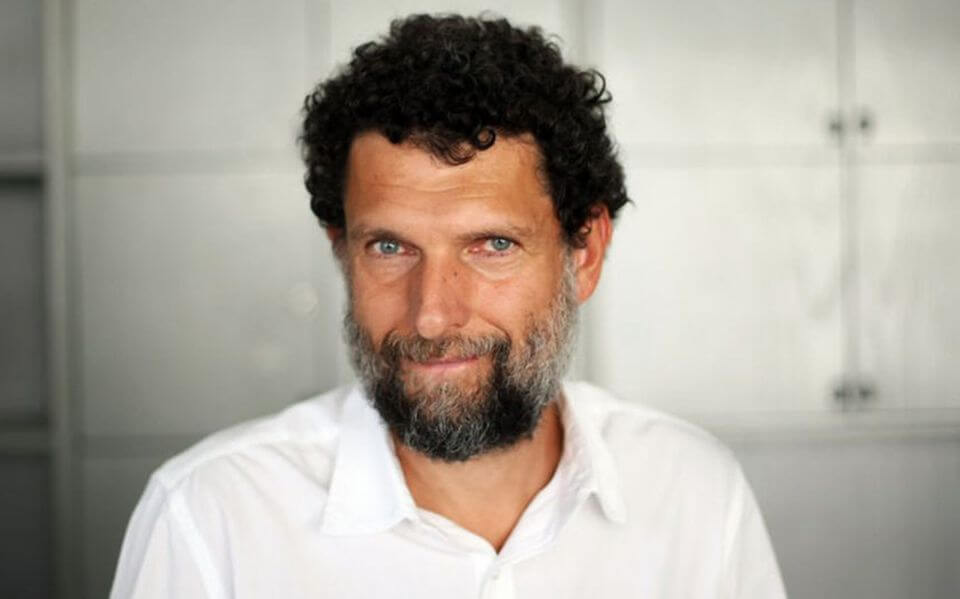Today (21 May 2021) Turkish philanthropist Osman Kavala returns to court on charges of espionage and attempting to overthrow the constitutional order in a failed military coup in 2016.
Kavala, who faces trial alongside 15 others, stands accused of organising the Gezi Park protests in 2013 – a wave of demonstrations in Turkey which began in Istanbul but subsequently spread across Turkey.
In February 2020, Kavala was acquitted of all charges. However, upon leaving prison he was immediately arrested on fresh charges and sent back to his cell, in what has been described as “one of the most glaring examples of political interference in the legal system under President Recep Tayyip Erdogan.”
The philanthropist has now been detained for three and a half years without conviction, despite a European Court of Human Rights ruling in 2019 calling for his immediate release. These calls have later been reiterated by the Committee of Ministers of the Council of Europe.
A joint statement by representatives of the German and French governments have also joined the call for Kavala’s release.
Bärbel Kofler, the federal government commissioner for human rights policy and humanitarian aid at the Federal Foreign Office, and French Ambassador for Human Rights Delphine Borione said:
“Osman Kavala has been behind bars for almost 1300 days, even though the European Court of Human Rights (ECtHR) demanded his release a year and a half ago. Turkey’s treatment of Osman Kavala and the non-implementation of the ECtHR judgment is not worthy of a state governed by the rule of law or with longstanding membership of the Council of Europe,”
Kavala’s plight is indicative of a wider erosion in the rule of law in Turkey, as Emma Sinclair-Webb of Human Rights Watch said:
“This is beyond the fate of one man and the far-fetched charges he faces and stands in for a much bigger story about enormous government control over court decisions,”
Since the failed coup attempt in 2016, hundreds of individuals have been purged and stood trial on spurious charges.
Yet the case of Kavala is one of the most high profile, convoluted cases. A guilty verdict would see him face life in prison without parole. Kavala has denied any part in the military’s mutiny, or playing a lead role in the Gezi park protests, telling Reuters:
“The claim that I planned, directed and financed the Gezi protests was an extremely fantastical one.”
The campaign group Free Osman Kavala upholds that:
“Each phase of this case is riddled with injustices, inconsistencies and illogical and unlawful procedures…[Re-opening the Gezi case is] a source of embarrassment not only for the government and the judiciary but also for the country as a whole,”
On 20 May 2021, nearly 50 PEN Centres worldwide collectively condemned “the continued judicial harassment of all defendants in the Gezi trial” and called for all charges against the defendants to be dropped. Their joint letter stated:
“Representatives of PEN Centres have been present at every one of the hearings in the Gezi case and observed the judicial theatre that took place, and which has no basis in law. We support the defendants in this case for exercising their constitutional rights to assembly and demonstration.”

